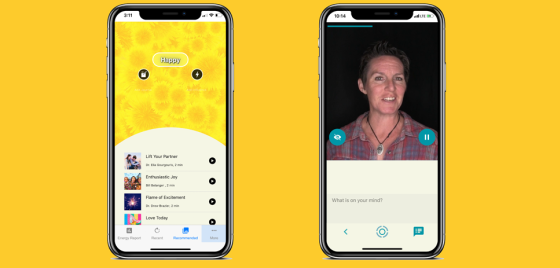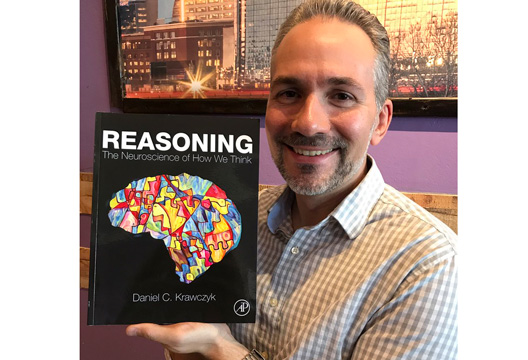“”

Participants will track their emotions during the day. [Photo: Courtesy UT Dallas]

Happy? Sad? Study Uses AI To Examine What Affects Our Emotions
Dallas Innovates
Lance Murray
“”

Participants will track their emotions during the day. [Photo: Courtesy UT Dallas]
Share this article

Daniel Krawczyk, PhD
Deputy Director of Research Debbie and Jim Francis Chair and Professor, School of Behavioral and Brain Sciences

Stephen B. White, JD
Chief Operating Officer

Social media is no longer a niche product. It’s now a core part of the communications infrastructure from the global to local levels. It shapes our communication, our relationships, our work and even our brains.

The relationships between our brain, body and the world around us are complex. What you do, or don’t do for that matter, can significantly influence your health and wellbeing.

Reasoning: The Neuroscience of How We Think by Dr. Daniel C. Krawczyk is a comprehensive guide to the core topics related to a thorough understanding of reasoning.